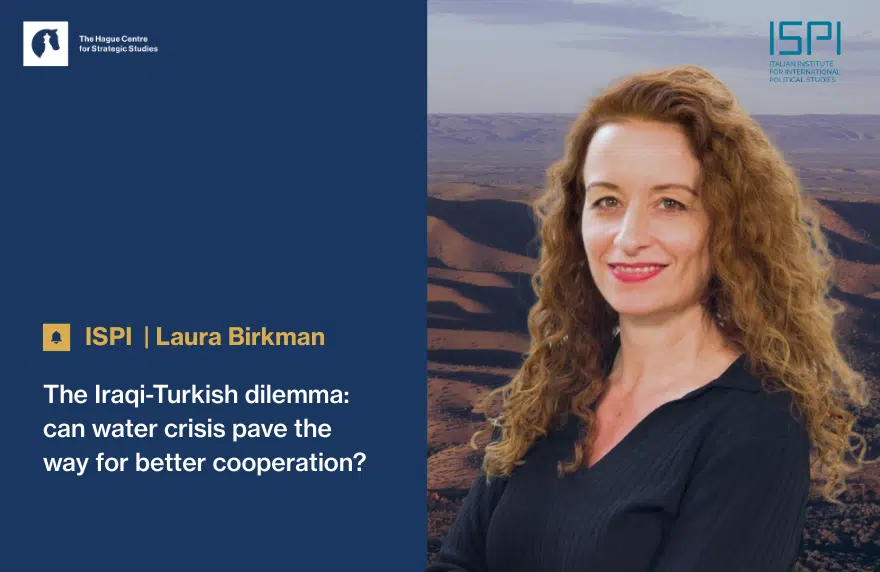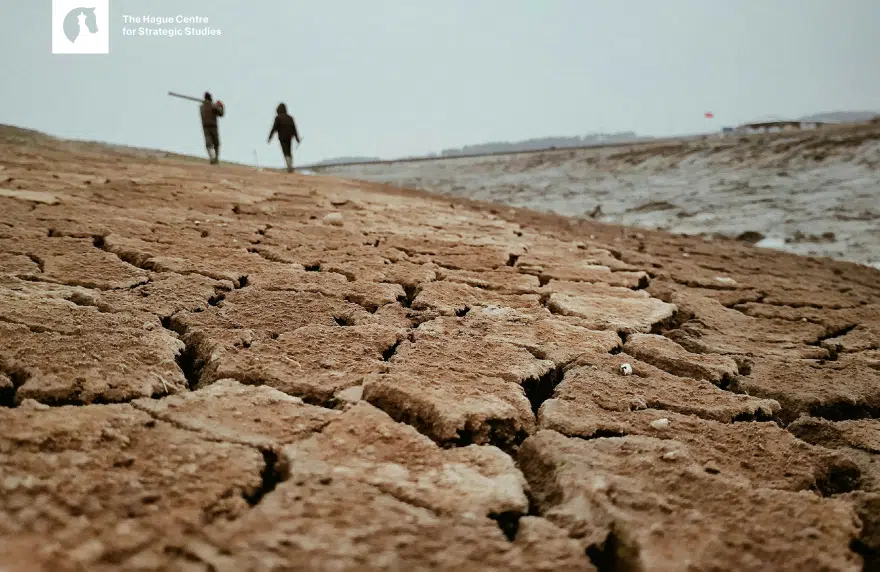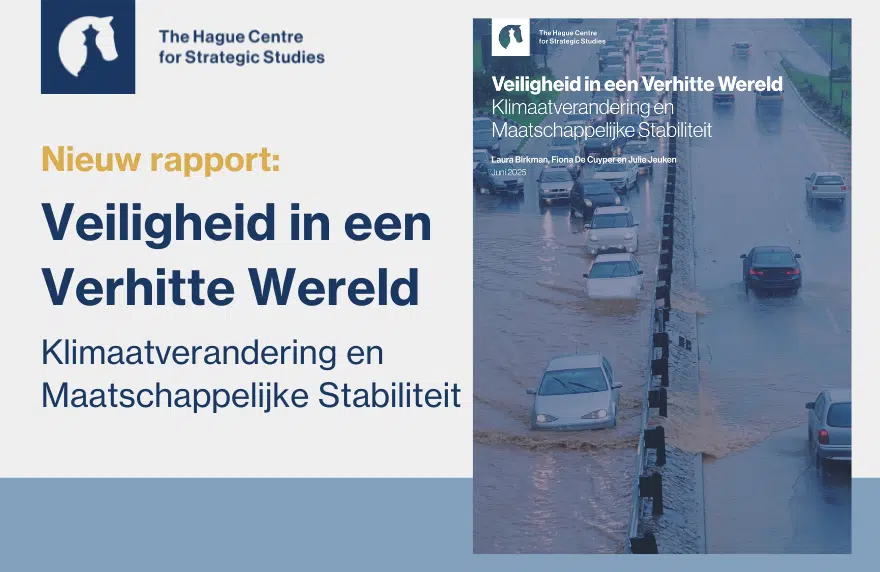To the Boiling Point? The MENA Region in the Eye of Climate Change
Laura Birkman, Director of the Climate, Water, and Food Security Programme at HCSS contributed to the ISPI’s MED This Week Newsletter. The newsletter provides informed insights into the most significant developments in the MENA region, bringing together unique opinions and reliable foresight on future scenarios.
The MENA region, already grappling with instability and conflicts, is also facing the growing impact of climate change. Tensions between states sharing the same water basins are rising, with Iraq continuing to receive insufficient water from the Turkish upstream dams on the Euphrates and Tigris. For their part, the Gulf states continue to rely upon desalination plants, as their renewable water supplies have long been declining. Nevertheless, the threat of seawater contamination and their massive energy consumption cast doubt upon their long-term sustainability. All these crises sound the alarm across the region: time is running out in face of mounting challenges posed by climate change. The pressing question remains: how are MENA countries responding?
Laura Birkman provides her perspective on the water cooperation between Iraq and Türkiye, responding to the following question:
Can water crisis pave the way for better cooperation?
“Iraq is facing a deepening water crisis, as flows in the Tigris and Euphrates rivers have declined by 30 to 40% over the last 40 years. This decline results from climate change, inefficient irrigation, and upstream damming, mainly in Türkiye, but also in Iran and Syria, which control key tributaries in the shared river system. The 2024 water agreement between Türkiye and Iraq on joint management, data sharing, and infrastructure investment is a positive step, but unlikely to ease shortages without strong enforcement. The agreement could be strengthened by forming a permanent joint water commission, enabling third-party monitoring, and including Syria in broader negotiations. Alongside transboundary cooperation, Iraq must increase its in-country water resilience by modernising irrigation, reducing water waste, and adopting climate-resilient policies.”






